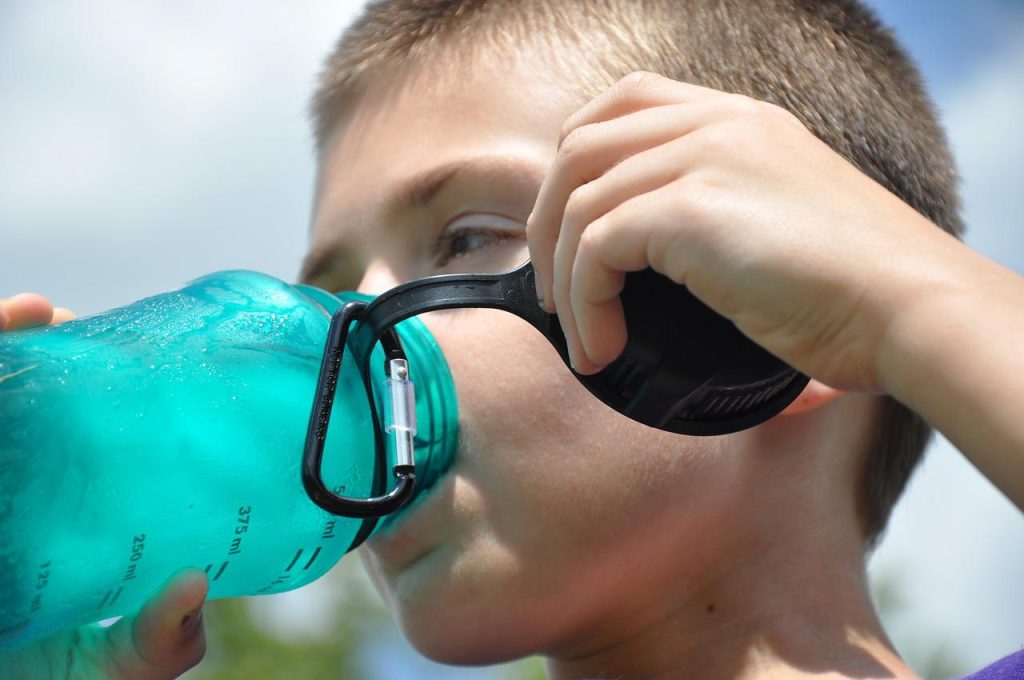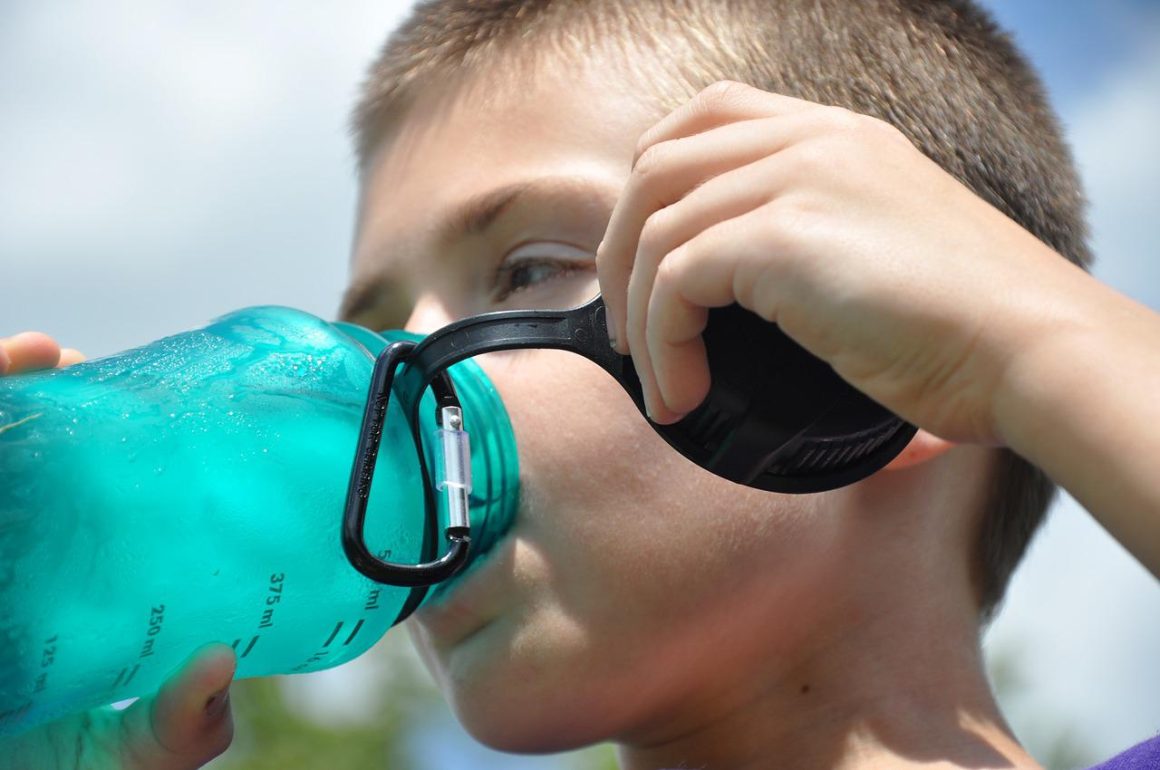
Summer can be a time for rest, excitement, and long days of outdoor fun, but it also ushers in some seasonal health risks. Taking simple precautions can keep these at bay and make summer more enjoyable and safe.
Along with sunny days, warm weather, and more outdoor activities, summer brings with it the risk of sunburn, allergies, bug bites, and other potential problems that may affect our health.
In this article, we share some tips for enjoying a healthy and illness-free summer.
Get Outside and Be Active
Summer can be a great time for people to engage in more physical activity and improve their fitness.
Longer days and summer vacations offer extra opportunities for leisure activities that can boost our health, too.
Even so, in places where summer temperatures soar, staying indoors with the air conditioning on can be tempting.
In very hot weather, however, the early morning and late afternoon can be perfect times to get outdoors and take a stroll.
Examples of some of the outdoor leisure activities people might choose to boost their physical activity in the summer include:
- going for a walk or long-distance hike
- visiting a zoo or other outdoor recreation center
- exploring a nature reserve or park
- biking along the ocean or through the forest
- jogging or swimming
Most of us know that physical activity can promote and improve our mental health, prevent or fight obesity, enhance fitness, and improve our sleep quality.
Also, being active is thought to reduce the risk of several cancers, heart problems, and the skin condition psoriasis, as well as improve cognition in children and older adults.
Before heading outdoors, however, people must ensure they protect their health against some familiar summertime hazards.
Sun Protection
Sunlight is an excellent source of vitamin D, and people need a small amount of sun exposure every day to stay healthy. Nevertheless, too much UV light from the sun can be hazardous, contributing to skin damage and cancer risk.
UVA and UVB are the two different forms of sunlight in the atmosphere.
UVA rays penetrate deep into people’s skin, damaging the connective tissues and blood vessels. Excess UVA exposure may lead to a loss of elasticity, wrinkles, and premature aging of people’s skin.
In contrast, UVB rays do not reach a deep layer of skin. However, they cause the redness and immediate skin damage that people associate with sunburn.
The American Cancer Society estimate that there were 3 millionTrusted Source new cases of nonmelanoma skin cancer in the United States in 2012, the most recent data available.
Crucially, in 2019, experts estimate that 96,480 peopleTrusted Source will receive a diagnosis of melanoma, a more serious skin cancer.
Many skin cancers can develop from overexposure to UVA rays, and medical professionals are still researching the exact reasons for this. One theory is that UVA rays may lead to oxidative stress.
This state within the body is an imbalance between the free radical molecules that contribute to disease and the antioxidants that protect the body.
To protect the skin from UVA rays, people can choose to use a broad-spectrum sunscreen that blocks both UVA and UVB rays. The product a person picks should have a sun protection factor (SPF) of at least 50.
SPF indicates how long the sun will take to burn the skin. SPF 50 means that burning would take 50 minutes if a person applies the sunscreen correctly and that it only allows 2 percent of UVA and UVB rays to get through.
People with a higher risk of skin cancer should use sunscreen with a higher SPF.
People of all skin types must make sure to reapply sunscreen after swimming or sweating.
Wearing protective clothing and staying in the shade are also effective waysTrusted Source to reduce the risk of sunburn.
Sunscreen is available in pharmacies and drugstores, and there is a wide range available for purchase online.
Stay Hydrated
In hot weather, staying hydrated is vital to replenish the fluids that the body loses through sweating
Drinks that contain alcohol or caffeine are not effective against dehydration. In fact, they can increase the body’s fluid output, making it harder for someone to stay properly hydrated.
Signs of dehydration include:
- dry mouth
- headache
- light-headedness
- dizziness
- little or no urination
- constipation
- muscle cramps
People must avoid dehydration as it can lead to a number of dangerous complications, such as kidney damage, kidney failure, and shock.


